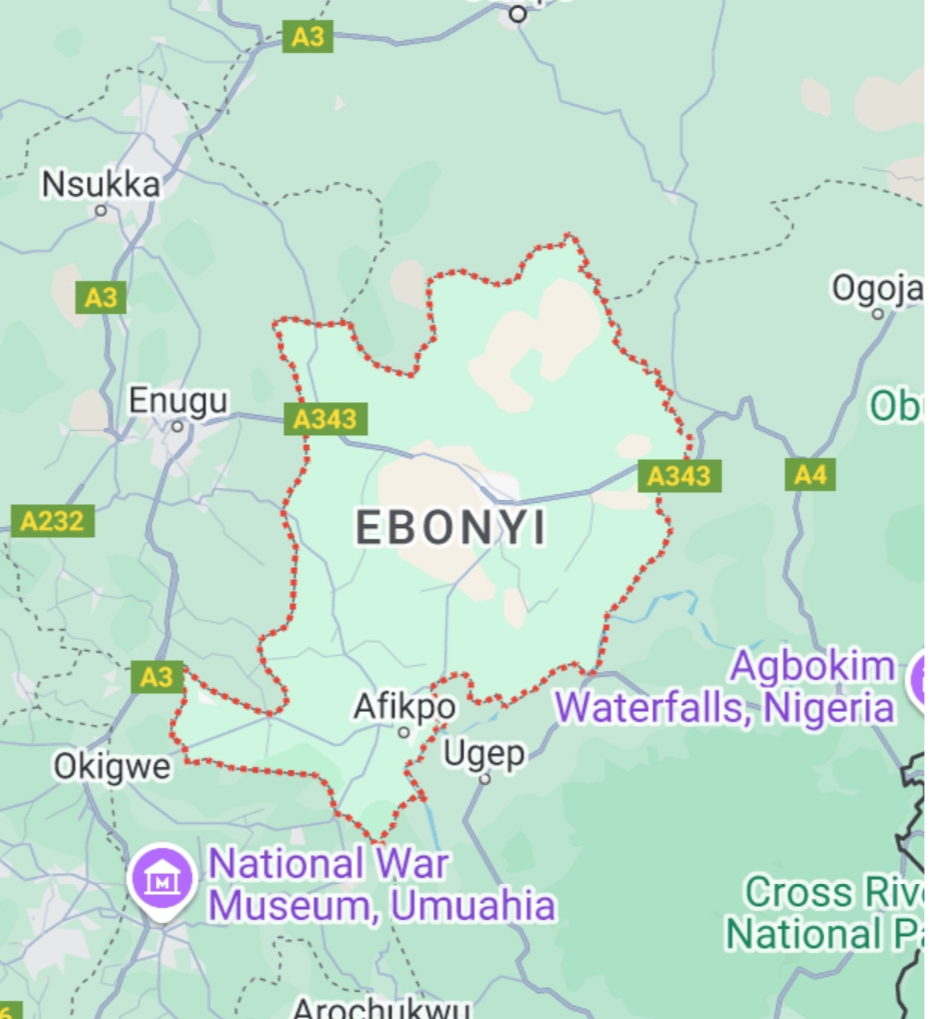
A review of Ebonyi State’s 2024 budget performance has raised concerns about spending priorities, as the state, which does not have a public zoo, allocated and spent ₦1.1 billion on wildlife conservation within the first nine months of the year. This amount significantly surpasses expenditures on critical sectors such as health, water provision, and road maintenance.
Wildlife Conservation Without a Zoo
Ebonyi State budgeted ₦3 billion for wildlife conservation in 2024. Between January and September, ₦1.1 billion was spent on this initiative, despite the absence of a public zoo—a facility typically used for housing wildlife for education, research, or recreational purposes. The exact use of these funds remains unclear.
Spending Comparison Across Sectors
The ₦1.1 billion spent on wildlife conservation eclipses allocations for several essential public services:
Internal Security: ₦443 million.
Road Maintenance Agency: ₦105 million.
Rural Water and Sanitation Agency: ₦200 million.
Ministry of Environment Capital Expenditure: ₦314.4 million.
State University Capital Expenditure: ₦340.8 million.
Construction of Hospitals/Health Centers: ₦341 million.
Provision of Water Facilities: ₦865 million.
Impact on Basic Amenities
This spending comes amid significant infrastructural and social challenges in Ebonyi State. According to reports:
87% of households lack access to sanitary facilities.
71% are deprived of clean drinking water.
Such deprivation underscores the need for greater investment in essential services rather than an unclear wildlife conservation project.
Calls for Accountability
The state’s spending priorities have drawn criticism from residents and policy analysts, who question the rationale behind the disproportionate allocation to wildlife conservation over health, education, and water provision. Stakeholders are urging the government to provide transparency regarding the expenditure and refocus resources on areas that directly improve the lives of citizens.
This revelation highlights the need for careful scrutiny of government budgets to ensure alignment with public needs and priorities.

